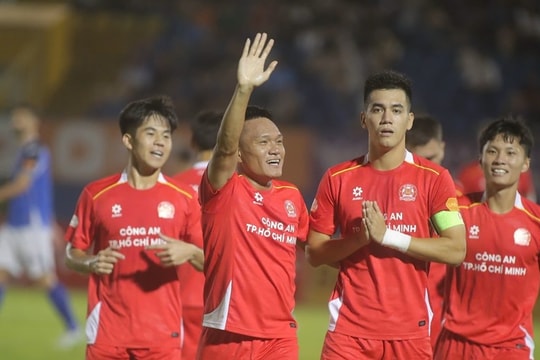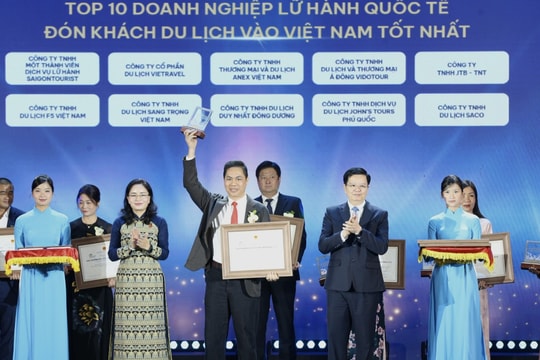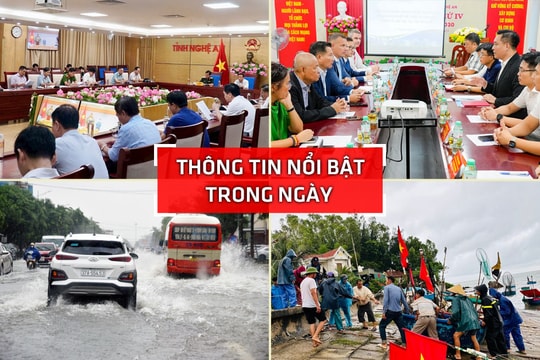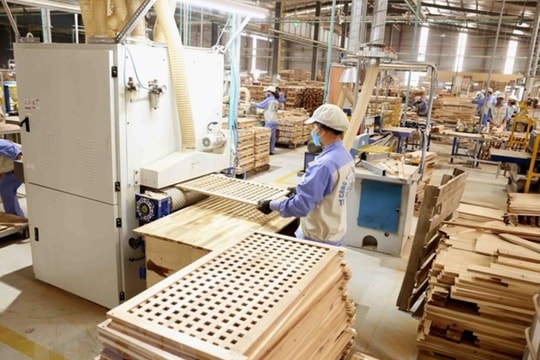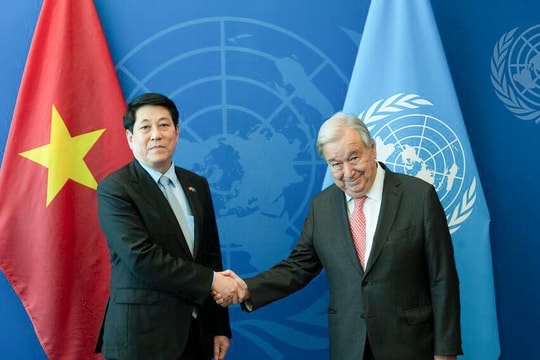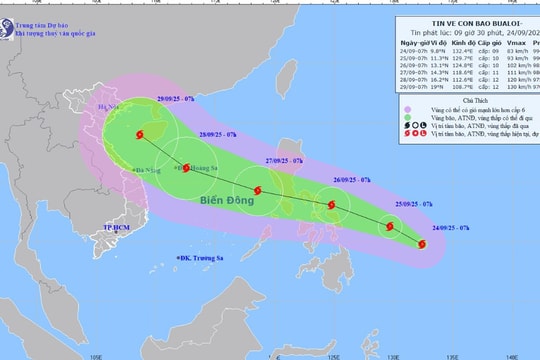Lao Prime Minister co-chairs the Vietnam - Laos Intergovernmental Committee Meeting
At the invitation of Prime Minister Nguyen Xuan Phuc, Lao Prime Minister Thongloun Sisoulith led a high-ranking delegation from the Lao Government to attend and co-chair the 41st meeting of the Vietnam-Laos Intergovernmental Committee.
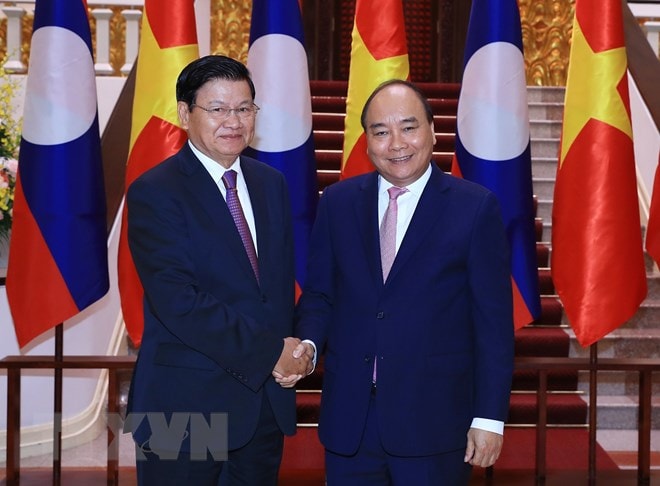 |
| Prime Minister Nguyen Xuan Phuc received Lao Prime Minister Thongloun Sisoulith on the occasion of his visit to Vietnam to attend the World Economic Forum (WEF) on ASEAN 2018. Photo: Thong Nhat/VNA |
Accompanying Lao Prime Minister Thongloun Sisoulith were: Minister of Planning and Investment, Chairman of the Laos-Vietnam Cooperation Committee Souphanh Keomixay; Minister of Foreign Affairs Saleumxay Kommasith; Minister of Information, Culture and Tourism Bosengkham Vongdala; Minister of Mines and Energy Khammany Inthilath; Minister of Industry and Trade Khemmani Pholsena; Minister of Transport Bounchanh Sinthavong;
Deputy Minister of Education and Sports Kongsay Sengmany; Deputy Minister of National Defense Souvone Leuangbounmy; Deputy Minister of Finance Atsaphangthong Siphandone; Deputy Minister of Public Security Sinthavong Sayakone; Ambassador Extraordinary and Plenipotentiary of Laos to Vietnam Thongsavanh Phomvihan; Deputy Head of the External Relations Commission of the Lao People's Revolutionary Party Central Committee Somephone Sichaleun; Permanent Vice Chairman of the Laos-Vietnam Cooperation Committee Khampheuy Keokinnaly; Deputy Minister and Secretary of the Prime Minister Malaythong Kommasith.
Prime Minister Thongloun Sisoulith was born on November 10, 1945, in Houaphan Province, Laos. From 1962 to 1969, he graduated from the Lao Patriotic Front Pedagogical College, Houaphan Province, Laos; from 1973 to 1978, he received a master's degree in Language and Literature from the Gerzen Institute of Education in Saint Petersburg, the Soviet Union; from 1981 to 1984, he received a doctorate in History of International Relations from the Academy of Social Sciences, Moscow, the Soviet Union.
Prime Minister Thongloun Sisoulith's working process: From 1967 to 1969, he was a senior specialist, General Education Department, Lao Patriotic Front, in Houaphan province, Laos.
From 1969 to 1973, he was a senior specialist at the Representative Office of the Lao Patriotic Front in Hanoi; from 1978-1979, he was a lecturer at Vientiane University; from 1979-1981, he was secretary to the Minister of Education, Director of the Department of International Cooperation, Ministry of Education. From 1985 to 1986, he was Director of the Research Department, Prime Minister's Office.
From 1987 to 1992, he was Deputy Minister of Foreign Affairs. From 1993 to 1996, he was Minister of Labor and Social Welfare. From 1997 to 2001, he was a member of the Standing Committee of the National Assembly and Chairman of the Foreign Affairs Committee of the National Assembly.
From 2001 to 2006, he was a member of the Politburo, Deputy Prime Minister; Chairman of the Planning and Investment Committee; Chairman of the Investment Management Committee; Chairman of the Lao National Energy Commission (LNCE); and a delegate to the Lao National Assembly. From 2006 to 2015, he was a member of the Politburo, Deputy Prime Minister, Head of the Party Central Committee's External Relations Commission, and Minister of Foreign Affairs of Laos.
From July 2015 to April 2016, he was a member of the Politburo, Deputy Prime Minister, and Minister of Foreign Affairs of Laos. In January 2016, at the 10th Congress of the Lao People's Revolutionary Party, he was re-elected as a member of the Politburo. From April 2016 to present, he has been a member of the Politburo and Prime Minister of Laos.
Lao Prime Minister Thongloun Sisoulith visited Vietnam to attend and co-chair the 41st meeting of the Vietnam-Laos Intergovernmental Committee, continuing to affirm that the foreign policy priorities of both countries are to continuously develop the traditional friendship, special solidarity and comprehensive cooperation between Vietnam and Laos; strengthen political trust between the two countries; create a unified channel to direct the implementation of high-level agreements, and promote cooperation between the two countries in the coming time./.

